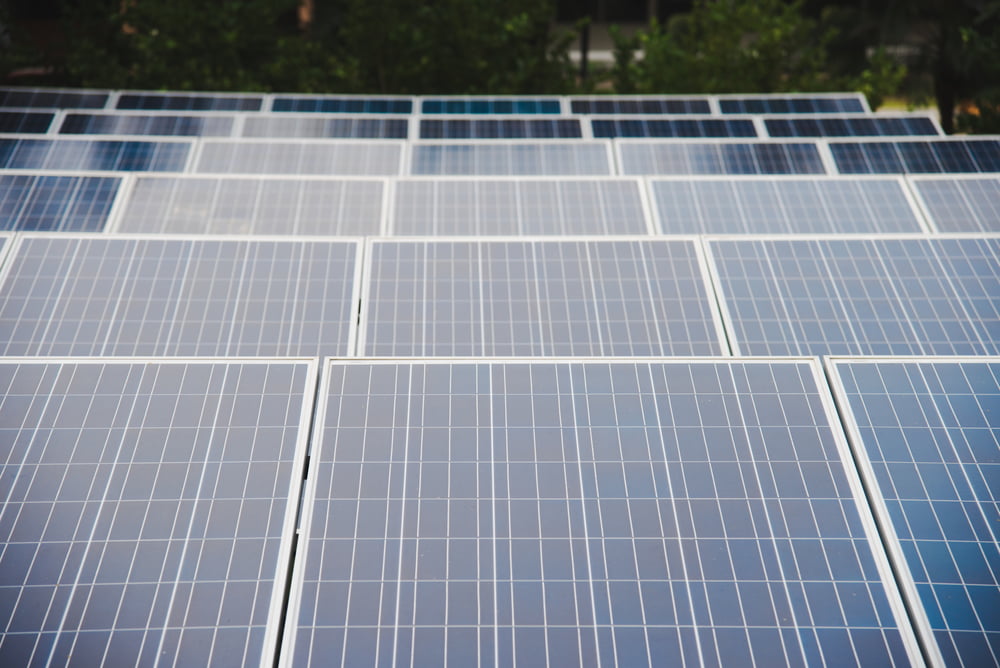Solar panels are one of the most intriguing aspects of technology today. More specifically, researchers and scientists all over the world are looking for new ways to make existing solar panels more efficient, cheaper, and appealing to the masses. As it turns out, there is a new type of solar cell which was primarily inspired by the wings of a butterfly. It’s an interesting thing to think about, to say the very least.
A new Solar Cell With More Efficiency
To put this into perspective, there is still a lot of room for improvement when it comes to solar panel technology. A new solar cell recently unveiled shows major progress when it comes to harvesting light. More specifically, the new cell does it twice as efficiently as do regular solar panels, which makes it of utmost importance to plenty of people. This technology will not appear in consumer-grade solar panels anytime soon, mind you, as there is still a lot of research to be done.
Most current solar panels use thick solar cells. Moreover, they have to be positioned at a specific angle to ensure they collect the most amount of light under any circumstance. This is why most flat roofs will never house any solar panels, as setting them up would be somewhat problematic. Sooner or later, though, those cells will be replaced by thin film solar cells. This new technology is only nanometers thick, which is a significant improvement.
To make things even more interesting, thin film solar cells are far cheaper and lighter than their predecessors, but they’ve usually been less efficient compared to traditional solutions. That is no longer the case, mind you, although scientists had to take some inspiration from an unlikely source. More specifically, they looked at the black wings of the rose butterfly and copied its structure. It was a rather unusual approach, to say the very least, although it makes a lot of sense when looking at the bigger picture.
Thanks to this rather unusual research, we now have thin film solar cells capable of collecting light in a far more efficient manner. Having these cells absorb more light regardless of their angle opens up a whole new set of opportunities that people will be eager to explore in the future. The fact that they are also easy and cheap to make will only bring them to market faster. Then again, it is still unclear as to when we may see consumer-grade technology featuring these thin film solar cells.
The choice to mimic the rose butterfly is not random either, mind you. This species was forced to evolve in such a manner that its wings became highly efficient at absorbing energy. Though it took millions of years to develop this new and improved wing type, it goes to show Mother Nature will outpace human engineering in every possible way for quite some time to come. That doesn’t mean we can’t learn a thing or two from her, though.
It will be interesting to see how this development affects the solar panel industry as a whole. All companies want to be first to market when it comes to this technology, for obvious reasons. The fact that these panels can generate power efficiently throughout the entire day will undoubtedly be of great interest to a lot of consumers.

